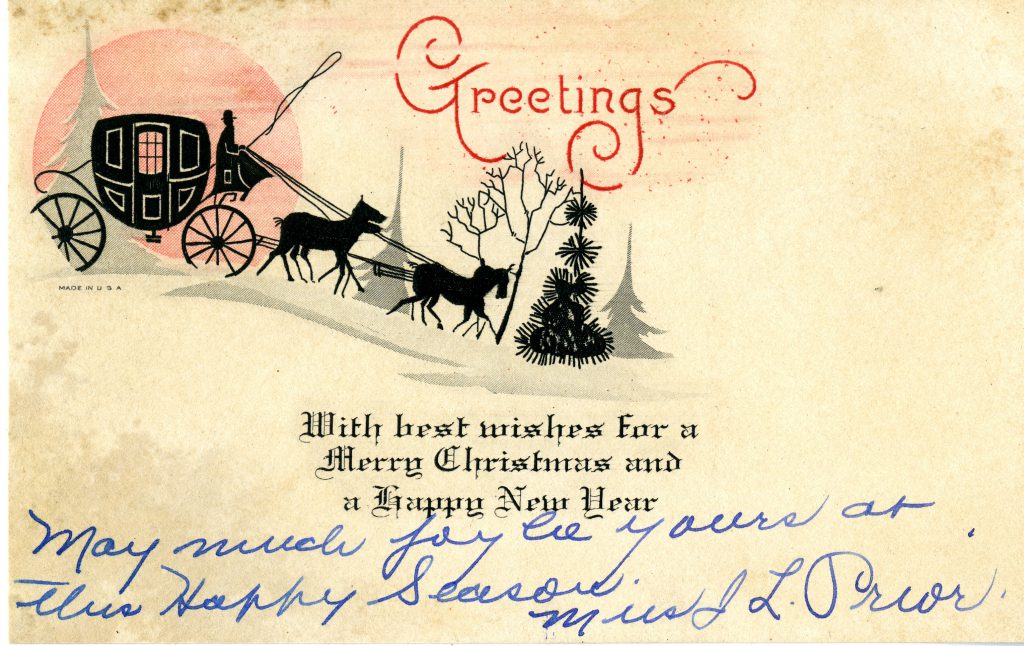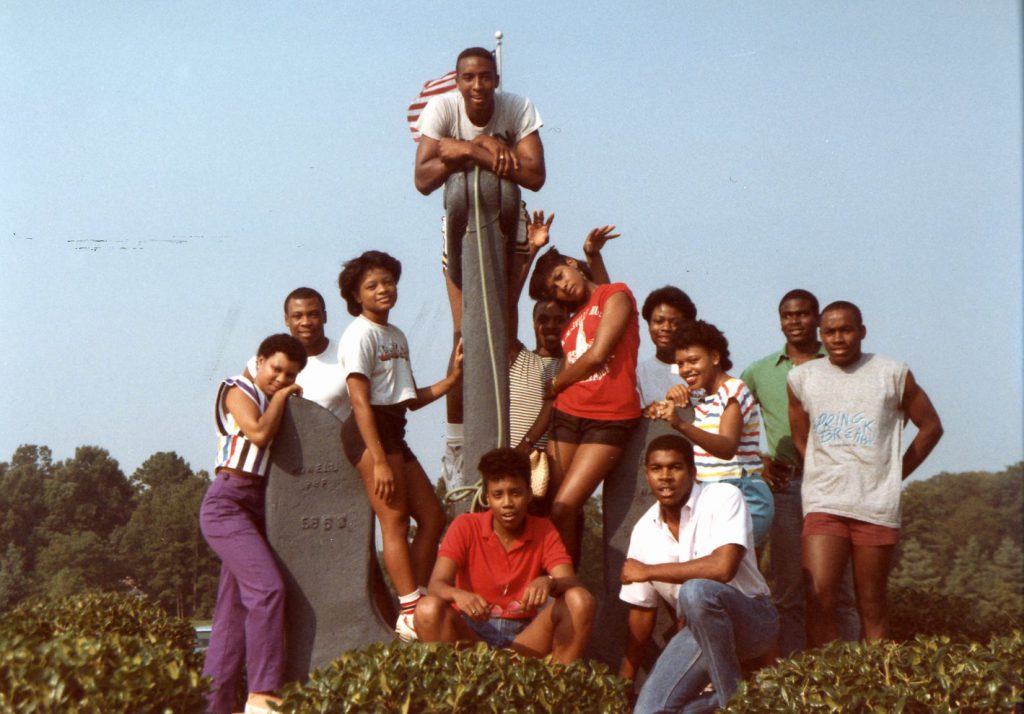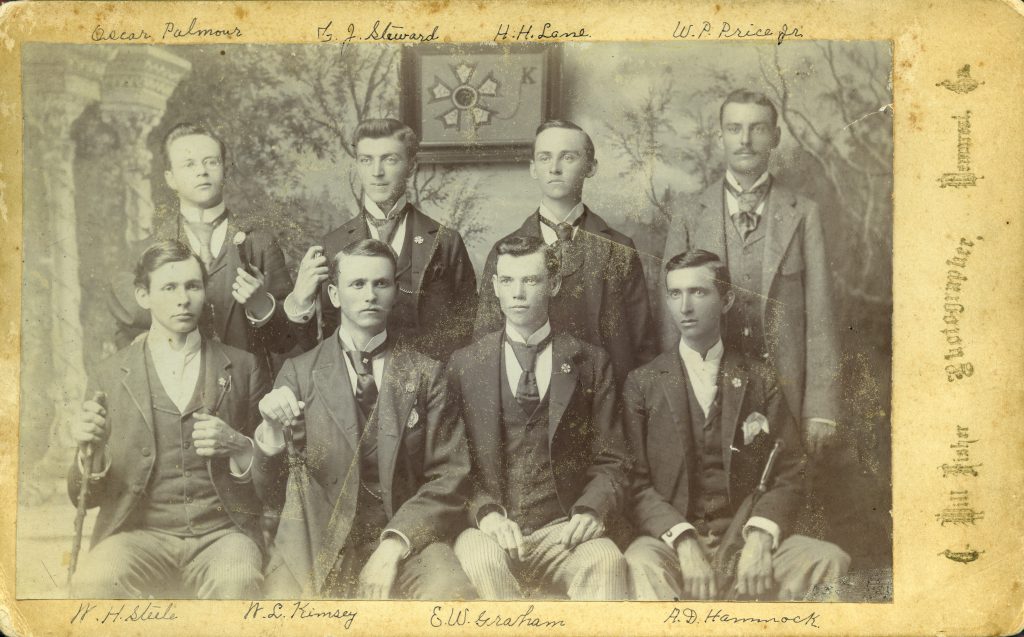What is a repository?

A repository, also known as archives or special collections, is a collection of manuscript materials – written, visual, audio, or electronic materials. These materials are carefully preserved for use by researchers like scholars, genealogists, journalists, and students. A repository is managed by archivists who are trained to be stewards of the collection preserving the materials and making them available for research as well as know which items are considered historically valuable.
Archivists typically have a set of policies that help guide their decision to take in a collection of personal, family, or organizational records. This policy will help them to decide if your collection is right for their repository as well as which items should be included in the collection.

Donating your collection or papers to a repository can also have benefits for you. Aside from the space it may free up in your home or office, a repository can provide a stable, controlled environment to house the records. The archivists at the repository can also ensure that your records are protected from wear and tear through use and from potential security threats. A repository also offers the option for your story to continue to be told by opening it up to researchers who may use the materials for their work.
What does “historical value” mean?
Historical value* is a term used to discuss the value of a collection to the historic record and researchers. Examples of items of that may be of historical value are letters/correspondence, meeting minutes, photographs, videos, speeches/lectures, writings, legal documents, military orders, etc.
*Please note, historical value does not always equate to financial value. While some historically valuable collections or items may be financially valuable, this is not always the case.
What should I preserve and what should I toss?

Family or personal papers, business records, institutional records, organizational records may all have historic value. Papers or materials created or collected by famous people, large business, huge non-profit, or a major event are no more important to an archives than materials that may speak to more localized interests. A collection or donation can be a single item or many boxes of materials. Collections aren’t expected to be organized or come to the archives in perfect order. Archivists will consider collections and decide to accept a donation for many reasons. These reasons can include the creator (author, family, organization, etc.), time period covered by the materials, individual items, topics covered by the materials, events, and types of material (print, photos, videos, audio recordings) to name a few.
When possible, the archivist may want to view the collection prior to accepting the collection or transferring it to the repository. In these cases, it is best that the materials not be rearranged or discarded prior to the staff visit. Archivists have experience determining what may or may not be valuable to researchers and sometimes that includes items that give context to the rest of the collection. Removing these items from the collection can diminish the value of the collections. Sometimes the value of the collection lies not only in the materials, but also how they are organized.
Will you take anything or everything I offer?

Unfortunately, we are limited by space and staffing which can affect what types of materials we can take. We do have a set list of types of materials and topics we collect at UNG SC&A. However, we would welcome the opportunity to talk about your collection and review the materials. If we aren’t the right home for your collection, we will do our best to refer you to other repositories or archives that may be a better fit.
